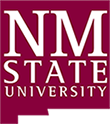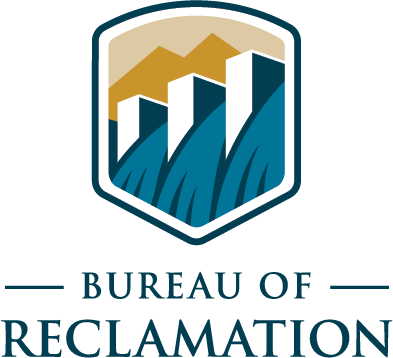Project Overview
The purpose of this collaborative partnership between Reclamation and NMSU, with the help of NM Water Resources Research Institute, is to further research in the development and use of alternative waters. Objectives to be accomplished through this agreement include: 1. Augment water supplies, reduce environmental impacts associated with the use of alternative waters, enhance tech transfer, and utilize the Brackish Groundwater National Desalination Research Facility (BGNDRF); and 2. Continue research efforts specifically directed by Congress in 2008 and 2009 to better treat and use marginal quality waters.
Alternative Water
Nearly 75% of available groundwater in New Mexico is unusable due to its high saline levels
Research Initiatives
Grant recipients study ways to utilize alternative water supplies
Testing
The Brackish Groundwater National Desalination Research Facility provides a state of the art facility for researchers to carry out experiments and conduct their research
Technology Incubation
Community stakeholders and the Arrowhead Center assist with implementation of developed technologies
About
Population growth and industry development in southern New Mexico, coupled with the realities of drought, place heavy demands on the area’s freshwater resources. Alternative water supplies – while currently unusable – have the potential to contribute significantly to the available water quantity.
This collaborative partnership between New Mexico State University, Bureau of Reclamation, and New Mexico Water Resource Research Institute sets out to realize wide scale usability of alternative water supplies through the development of new technologies. The first cooperative agreement was from 2011-2015 and supported 11 research projects. The current agreement began in 2015 and includes 9 research projects.
For more information on the BOR Program that is responsible for this cooperative agreement please visit www.usbr.gov/research/dwpr




































